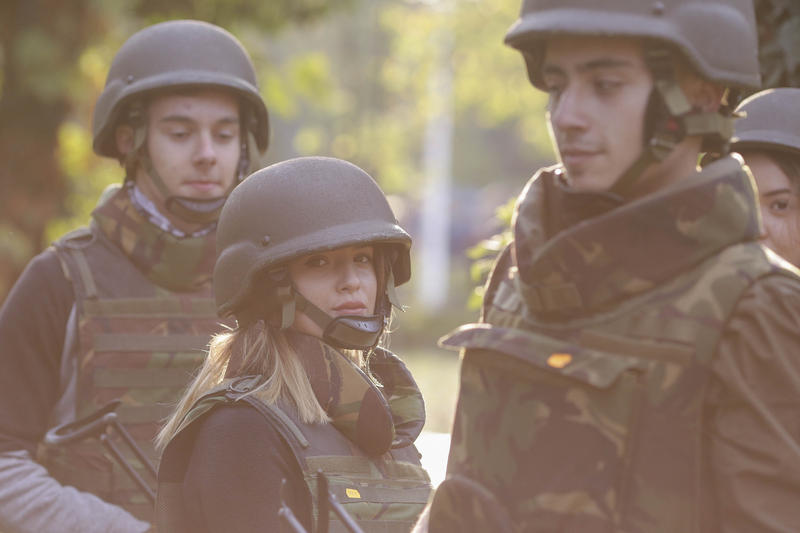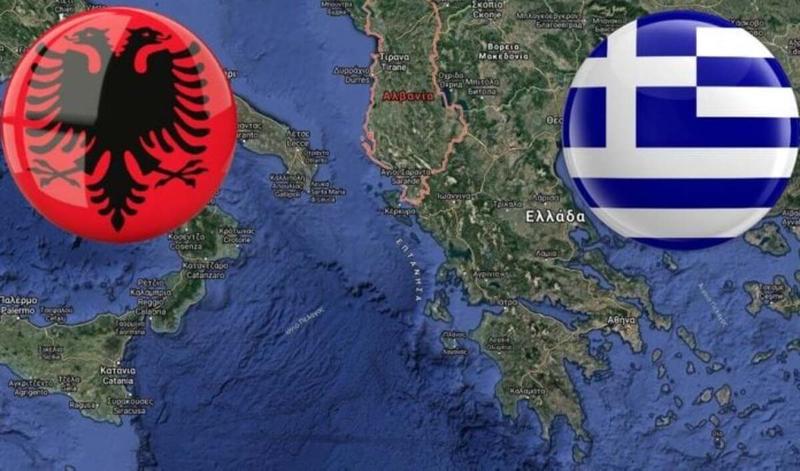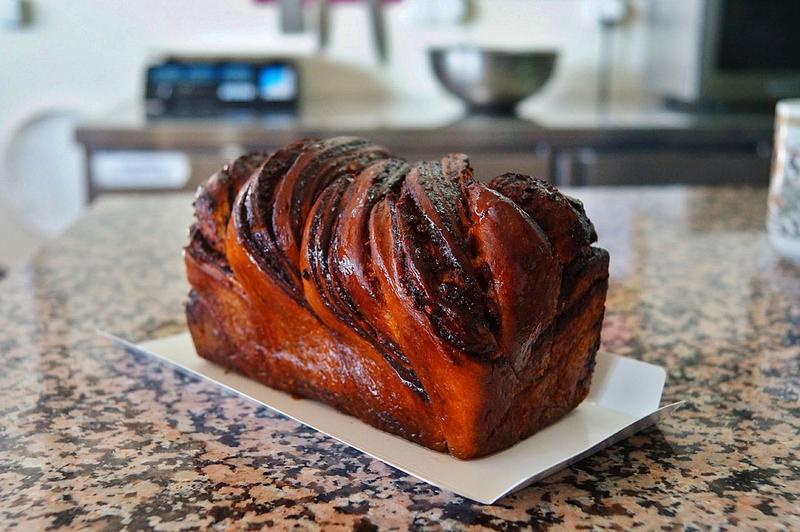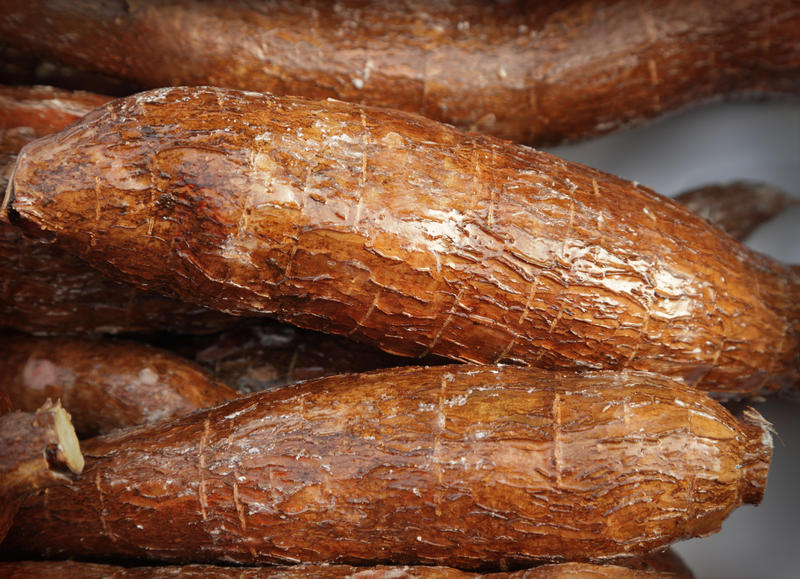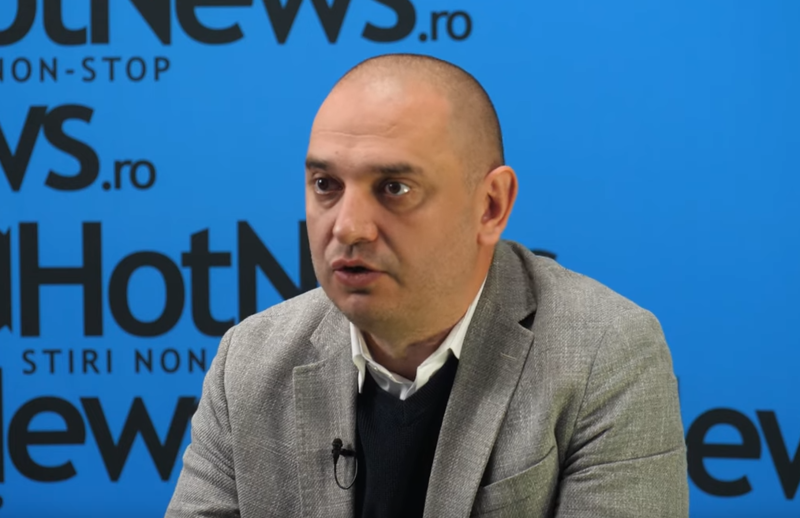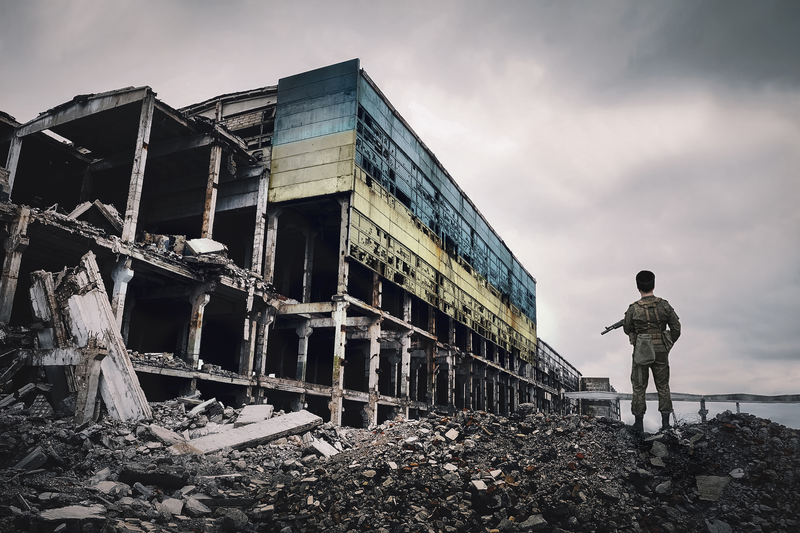A wave of revelations on people who collaborated with the dreaded Securitate, ex-dictator Nicolae Ceausescu’s secret police, hit the Romanian society hard in August.
Dozens of people at the forefront of current Romanian politics, economy, justice, media and culture were officially charged or simply accused or even alleged to have collaborated with the Securitate in an unprecedented, continuing wave that follows similar but less consistent moves in this regard earlier this year.
One of the major “victims” of the August revelations was Liberal parliamentarian Mona Musca, a former Culture minister, considered one of the most ethical politicians in post-Communist Romania.
In early August, another woman politician, Lavinia Sandru, charged Musca with political police activities. The MP, who had repeatedly dissmissed she had such activities, eventually admitted she had signed a commitment to work with the Securitate.
But she said she was not involved in political police practices but as a university teacher she was working with the Communist intelligence service on issues such as the security of foreign students in Romania, in tge seventies.
The media and various commentators did not agree, however, and decreed Mona Musca was in fact a collaborator of the Securitate.
In search for the “big ones”
Shortly afterwards, the National Council for the Study of Securitate Archives - CNSAS, the institution investigating the Securitate-related past of current personalities in Romania, said it would start an internal investigation related to several leaks to the media regarding the names of politicians who worked with the Securitate.
And the Musca case sparked a huge debate on who is to blame for his/her past - all Securitate employees and informers, just the “big ones”, those who build a career in post-Communist Romania by destroying lives in the past? Top or influential Communist Party members?
The debate continues an earlier one, sparked by the introduction of new Lustration regulations under the current government.
Among the first to be targeted in the first wave of revelations on links with the Securitate and intelligence activities were President Traian Basescu himself - who denied he had anything to do with such operations when he was acting as captain of the flagship of the Romanian commercial fleet under the communist regime;
and Dan Voiculescu, the leader of the Conservative Party - PC, a member of the current governing coalition - who dismissed CNSAS evidence that he was a Securitate informer.
Blacklisted Ministers and MPs
In mid-August, President Basescu re-affirmed that he had not signed any pledge of collaboration with the Securitate. He also asked for his Securitate file in order to make it public, thus sparking speculation among influential commentators that he might be among the few existing politicians who had their Securitate files erased long ago.
But Dan Voiculescu and ex-President Emil Constantinescu accused him again on August 31 of collaborating with Ceausescu’s secret police in a period spanning from the seventies to 1989.
Meanwhile, two members of the Government were charged with collaboration with the Communist secret police. Historian Marius Oprea, who also works as a governmental aide on security issues, pointed towards the head of the Environmental Guard, Silvian Ionescu, and the head of the Office for Labour Migration, Aurel Teodorescu.
And the head of a Iasi university also charged Education minister Mihai Hardau with political police activities.
While Hardau dismissed the allegations, Teodorescu chose to resign from the Democratic Party - a senior member of the governing coalition - on August 21, while saying that he had never hidden he worked in counter-intelligence activities for the Securitate.
Parliamentarians were also targeted in the wake of the Musca case. A first batch of some 30 Securitate files of current MPs were complemented by another 70 at the CNSAS in August.
Eyes turned on media and Church
And the revelations continued in non-political fields. On August 24, newspaper Romania libera published a list of journalists or media managers - only a few of them still active today - who worked as informers for the Communist political police.
The move was continued by newspaper Adevarul on August 30. Adevarul is a daily newspaper that inherited much of Scanteia, de Communist Party newspaper of old, which used to sell millions of copies every day in the eighties.
It now opted to reveal information included in the Scanteia department that monitored Communist - and anti-Communist - activities within the institution under the Ceausescu regime. The service was seen as similar to the Securitate as a ”dreaded mechanism” of intimidation.
Also in late August, President Basescu proposed the opening of Securitate files bearing the names of top Church representatives, as the Church is seen as one of the most trusted institutions in Romania. The move affects the Orthodox, Catholic and other communities and was partly rejected by some clerics, including Orthodox Church Patriarch Teoctist, and welcomed by others.
One of the first to be targeted was the Orthodox Archbishop Teodosie of Tomis, who told the media he only collaborated with the Securitate „on major state issues”.
And media revelations throughout the month also targeted Judge Florica Bejinaru, a member of the Supreme Council of Magistrates, the highest forum of the Romanian Justice.

